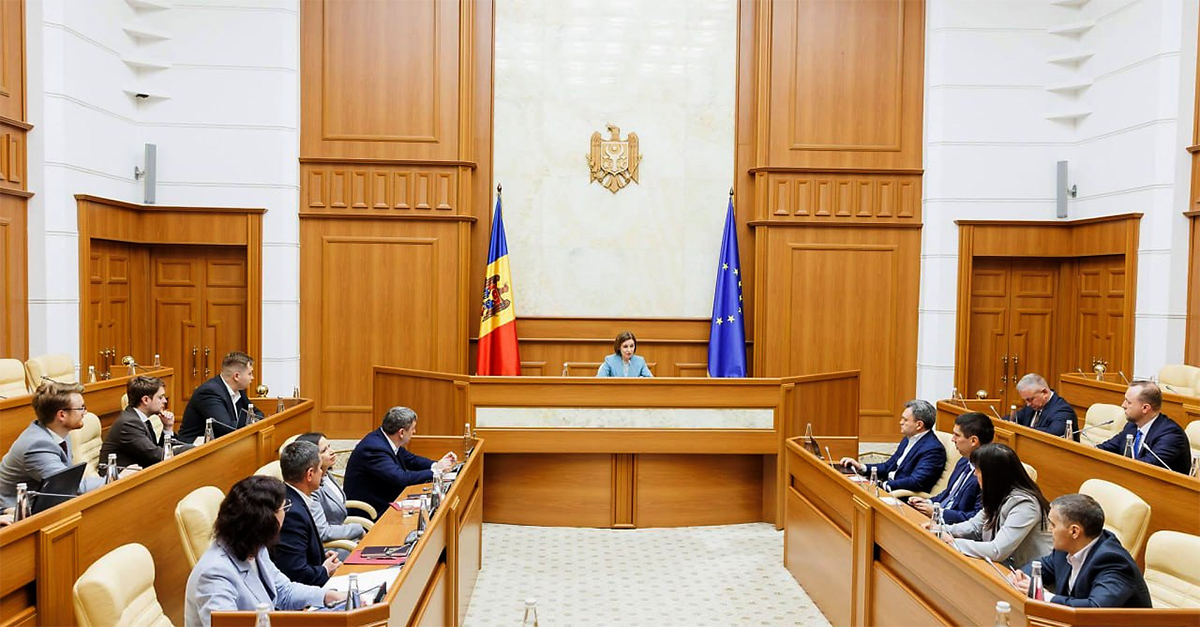Russia Preparing to Interfere in Moldova's Parliamentary Elections, Sandu Warns

After a meeting of the Supreme Security Council, Moldovan President Maia Sandu said that Russia is preparing unprecedented interference in the parliamentary elections scheduled for September.
The Gaze reports on it, referring to NewsMaker.
Sandu said that the Kremlin is investing in several political projects to get its people into the next parliament. All these projects, she said, are coordinated from a single center and are largely financed through the schemes of fugitive oligarch Ilan Shor.
The country's president expects disinformation and public opinion manipulation campaigns organized from abroad, paid protests, and sabotage of voting in the diaspora.
Sandu also warned of potential cyberattacks on digital infrastructure related to the elections, as well as other critical infrastructure.
Moldova expects the church to be used in the interests of a foreign state, with “opinion leaders” and online influencers being used as intermediaries to spread messages directed against the country's European course.
“This should not scare us, it should mobilize us. Russia's interference poses serious risks to public order and national security, and most importantly, it could dramatically undermine the country's sovereignty and our European future,” Sandu said.
The Moldovan president assured that state institutions know what to do.
“In the coming period, they must act in a more coordinated, professional, and unified manner to protect national interests. A difficult period lies ahead, dear citizens. But our future depends only on us,” she added.
Parliamentary elections in Moldova are scheduled to take place on September 28.
Recently, the Central Election Commission of Moldova rejected the application for registration to participate in the parliamentary elections of the “Victory” bloc, which is associated with the pro-Russian fugitive oligarch Ilan Shor.
As The Gaze reported earlier, Moldovan President Maia Sandu believes that Russia may provoke an even greater crisis in Transnistria in order to destabilize the situation in Moldova ahead of this fall's parliamentary elections and influence the voting on the left bank of the Dniester.